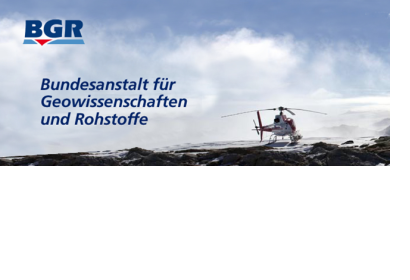Germany has had a long tradition in the area of geological hazards (earthquakes, volcanic eruptions, mass movements, subsidence). The Royal Prussian Geological Survey was established in 1873, and by 1975 the Survey was transformed into the Federal Institute for Geo-Sciences and Natural Resources of Germany (BGR). Over the decades, BGR has provided technical advisory support to many countries in Asia, Africa and Latin America regarding risks related to geological hazards.
Recognizing the technical expertise of BGR when it comes to such geologic risks; UN-SPIDER conducted a visit to BGR to explore opportunities for cooperation. The visit allowed UN-SPIDER to present its activities to staff of BGR, and to become aware of on-going and planned activities by BGR scientists in Pakistan, Indonesia and Latin America; as well as to become aware of examples regarding the use of remote sensing techniques in a variety of applications including geo-risks in Germany and elsewhere. In Pakistan, where the Space Agency of Pakistan SUPARCO serves as a Regional Support Office for UN-SPIDER (RSO), BGR has been supporting government agencies in the assessment of risks related to landslides. In Indonesia, where UN-SPIDER is in the process of completing an agreement with LAPAN for it to host an RSO as well, BGR has also been active in risks associated with volcanic eruptions. It supported efforts to establish the Indonesian Tsunami Warning System, and provided advice to the government of this country in the elaboration of legislation leading to the establishment of a new disaster risk reduction and emergency response agency.
During the last decade BGR supported Central American countries, where UN-SPIDER is providing technical advisory support, through the elaboration of maps containing information regarding geo-risks associated with landslides, volcanic eruptions and earthquakes that are allowing government agencies in these countries to design strategies to adapt their societies to such hazards.
The visit conducted by UN-SPIDER to the Hannover Headquarters of BGR allowed representatives of both institutions to identify topics and geographic areas where both institutions are active, as well as examples of cooperation which could lead the way to improved synergies between both organizations in the provision of technical advisory support to countries which have requested such assistance.

